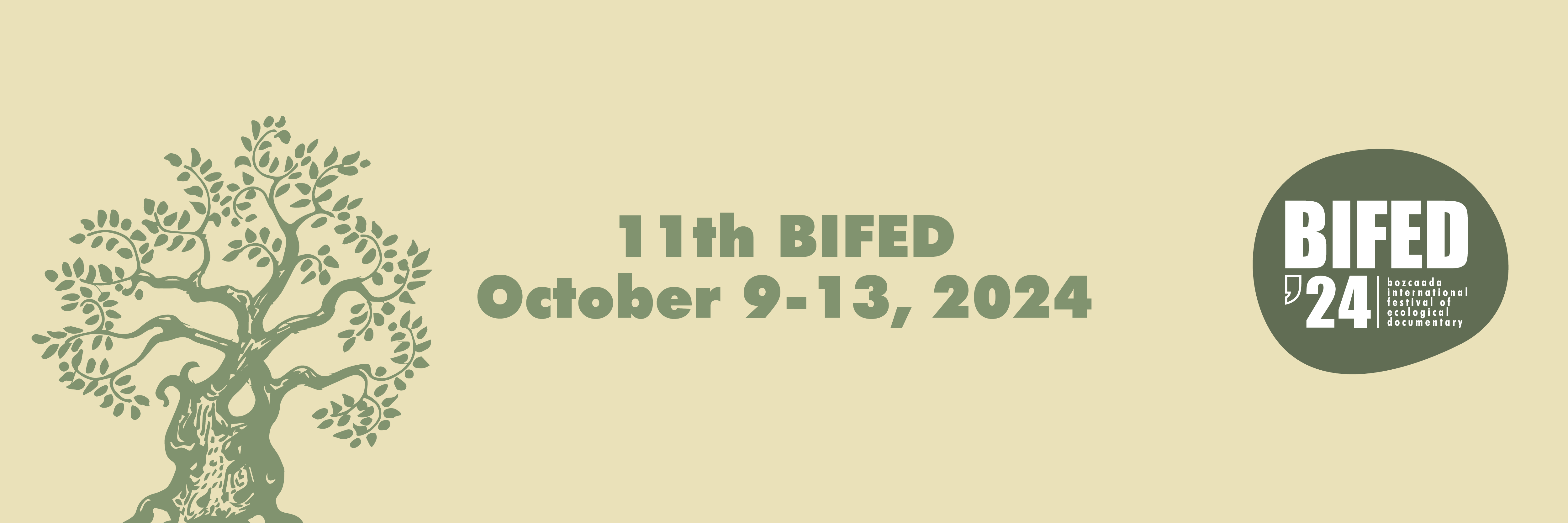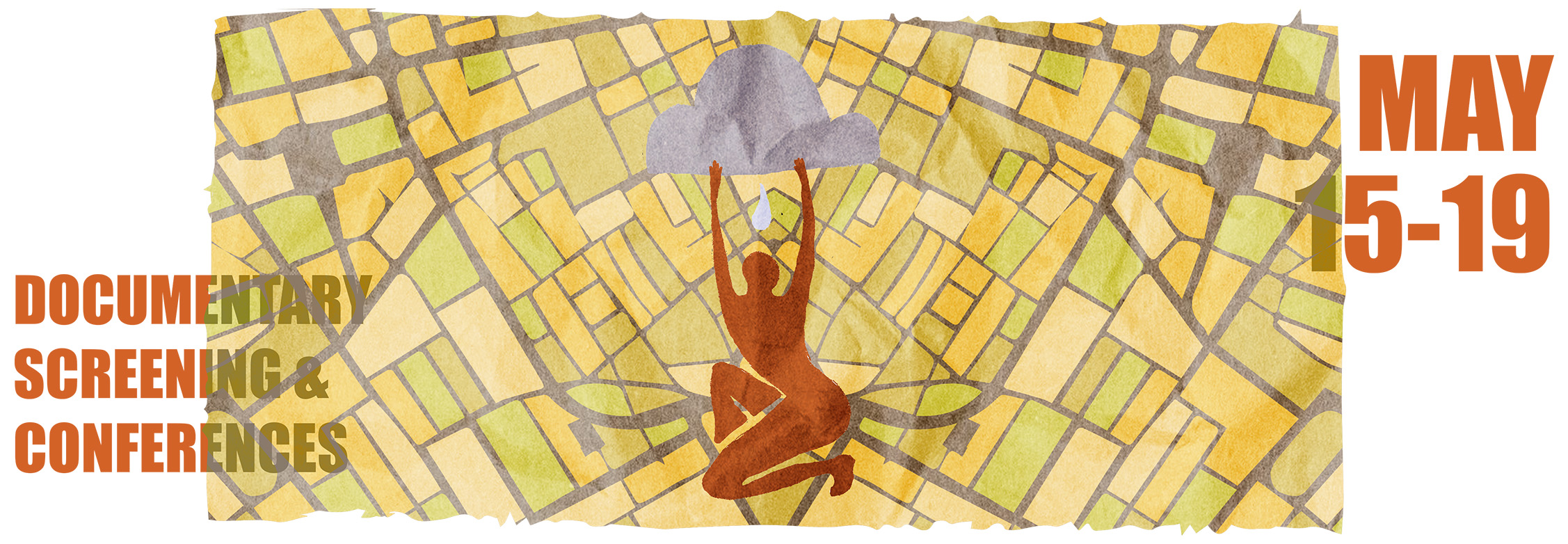

“We have failed you. This is the awful guilt we carry. We tried. But we did not try hard enough. We will go to Rafah. Many of us. Reporters. We will stand outside the border with Gaza in protest. We will write and film. This is what we do. It is not much. But it is something. We will tell your story again.”
